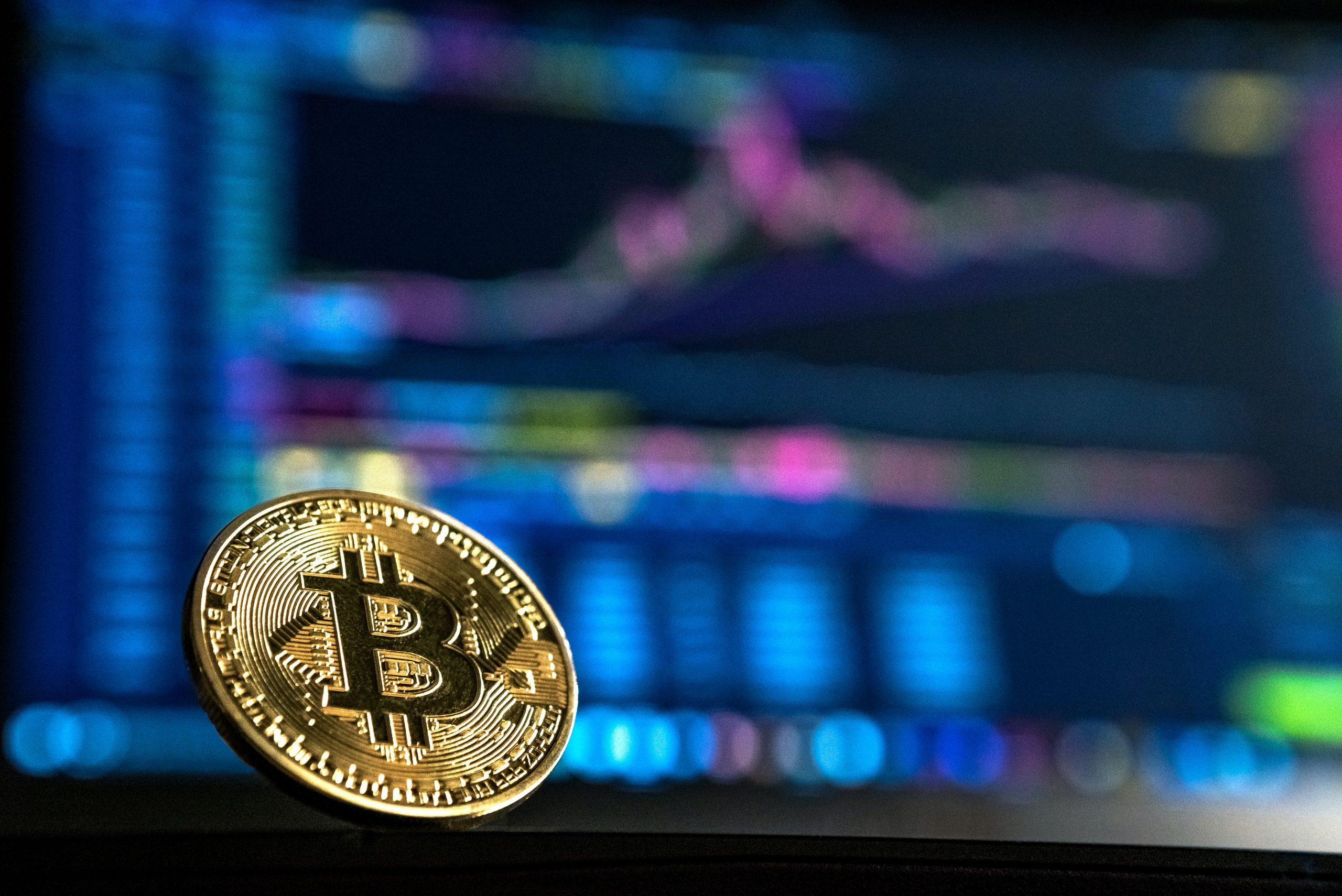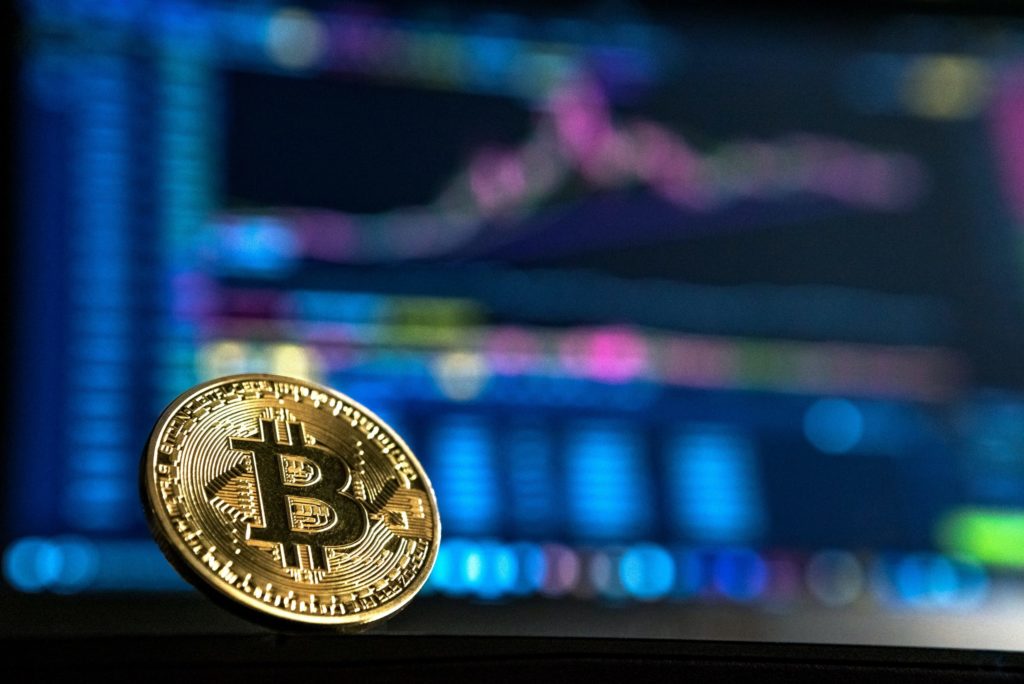Take warning! If you’re holding your crypto assets on big exchanges like Binance, CoinBase, or Kraken, you’re well-advised to get them off and into a privately-held wallet for a few reasons that we’ll survey here.
I realize a lot of hardened crypto veterans will probably roll their eyes as if to say “duh.” But I didn’t realize this stuff when I got into the uncharted technological territory that is a cryptocurrency, and it has important implications for your financial health.
Exposure to meddlesome governments
Any crypto exchange is susceptible to getting bullied by rapacious governments envious of the peasants enjoying untraceable, untaxable commodities.
So far, by and large, Western governments have been relatively hands-off in terms of interfering in the crypto market, but the Biden administration has quietly been moving against crypto exchanges for the past year and a half.
Crypto assets held on exchanges are not subject to FDIC insurance
Crypto assets held on exchanges are not subject to FDIC insurance. That means that, in the event the exchange goes belly-up, you (the customer) have no guarantee of getting your assets out. You’ll be left holding the bag, SOL. If a crypto exchange tells you it’s FDIC insured, it’s lying.
Cryptocurrency exchanges can manipulate
Cryptocurrency exchanges, owing to the exclusive access they have to real-time market information, can manipulate supply and demand, which affects every holder’s coin value.
For instance, two bots trading in just a few months from February to November 2013 artificially jacked the Bitcoin price from $150 to $1,200.
Exchanges can be hacked (and frequently are)
By virtue of the technology’s ingenious design, blockchain cryptocurrencies are virtually immune from manipulation because they rely on a public domain ledger. Crypto exchanges, on the other hand, which house crypto wallets, are a different story.
In March 2022, hackers broke into Ronin Network and made off with $600 million in stolen pillaged cryptocurrency. In June 2022, so-called “blockchain bridge” Horizon got hacked and its users took a $100 million loss. Similar examples are legion.
‘Not your keys, not your coin’
Above all, the #1 reason to move your crypto assets from exchanges to a private wallet is that “your” cryptocurrency on exchanges actually doesn’t belong to you at all.
Every crypto wallet has two addresses: one public and one private. The public address is the one you provide to people and businesses with whom you conduct business, so it’s not important to protect.
The second address, the private one, is the proverbial key to the kingdom. It’s the code that you use to authorize transactions. Therefore, safeguarding your private key is paramount.
If you use a custodial wallet – the kind that you have if you store your crypto assets on an exchange – then you don’t own or control your private keys. The third-party exchange does that part for you, which implicitly requires that you trust in their honesty and technical capacity to do so.
A non-custodial wallet – a private wallet — means that you and you alone control both your public and private keys. They remain entirely in your possession to be used at your discretion.
Learn more about custodial vs non-custodial wallets.
The best non-custodial wallets
There are two types of non-custodial wallets, “hot” and “cold”:
- Hot wallets store your keys in software connected to the internet. They’re more susceptible to hacks than cold wallets but more convenient for frequent transactions. I’d recommend Muun Wallet as a high-quality hot wallet.
- Cold wallets store your keys offline in a safe physical place, fully immune from hacks. Hardware walletsare the most common form. I’d recommend Ledger Nano Walllet as an affordable, reputable hardware wallet.
Protecting your private key and seedphrase
The one major advantage to using a custodial wallet on a crypto exchange that keeps your private key on file is that you don’t have to rely on yourself to keep your information safe and secure.
However, that convenience comes at a cost to your independence. At the end of the day, you don’t really own your cryptocurrency – you’re essentially just leasing temporary and conditional access to cryptocurrency in the same way you might lease a car.
You can drive it around, and more or less do whatever you want with it within reason, but it’s not yours, and it can be confiscated if you don’t play by the rules.
All you really need to know, as the maxim goes, “not your keys not your coin.” The converse is equally true: “your keys, your coin.”
Which brings us to the #1 rule of thumb for private wallets, the Golden Crypto Rule, the First Crypto Commandment: for the love of God, don’t lose your private key and/or seed phrase.
(Your seed phrase is your ultimate protection in the event that you lose your private key.)
—————-
Two key developments in recent history, driven by the collapse of crypto exchange FTX, should drive home the importance of storing your assets offline in cold wallets.
First, in the US, Senator Elizabeth Warren has introduced legislation that would force “know Your Customer (KYC) information collection on bitcoin ATMs, digital asset mixers which anonymize your crypto making it harder to trace, and even businesses which create self-hosted wallets.”
Your identity, and your transactions, would become fully visible to the government, and therefore subject to regulation, taxation, and/or confiscation.
Second, in the EU, new anti-money laundering proposals will enforce similar record-keeping and reporting to the authorities on customer transactions and identities.
Crypto’s whole premise – its central selling point – is decentralized finance, independent of the fiat cartel that rigs the economic game to benefit big government and big private-sector interests.
Take that ethos to heart and get your crypto off the exchanges.
In a similar vein, buy gold and silver. Gold and silver ownership justifies itself by the same logic as controlling your own crypto in your own wallet: an independent store of wealth that can’t be digitally confiscated.
Stash that silver and gold someplace safe – where only you or your most trusted family/friends can get to it.
When the dollar inevitably collapses – which it certainly will, whether in a month or ten years – you’ll be left with crypto and hard currency outside of the grasp of the central bankers’ tentacles.
Fuck Wall St. and the whole of the rotting Manhattan cesspit. Fuck the Federal Reserve. And fuck the federal fiat garbage to hell — you don’t need to be a crypto prodigy to feel that visceral call for human freedom and act on it.
Ben Bartee is a Bangkok-based American journalist with opposable thumbs. Follow his stuff via Armageddon Prose, Substack, Patreon, Gab, and Twitter. Please support his independent operations however you can.
Bitcoin public address: 14gU3aHBXkNq8bDqmibfnubV7kSJqfx5LX

Source: The Daily Bell Rephrased By: InfoArmed

